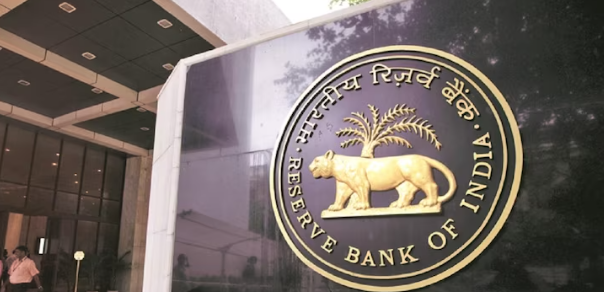Four European Union Banks Seek RBI Nod for Clearing Model
Four big European banks—Credit Agricole, Societe Generale, Deutsche Bank, and BNP Paribas—are asking the Reserve Bank of India (RBI) to let them use a third-party clearing model to keep buying and selling Indian government bonds and derivatives. As a result of problems with audit and inspection rights, the European Securities and Markets Authority (ESMA) took away the Clearing Corporation of India’s (CCIL) recognition.
Impasse Over Audit Oversight Rights
The conflict started when the RBI wouldn’t let the ESMA audit and check the CCIL, which is a key part of India’s financial system for government bonds and derivatives. Because of this refusal, the ESMA stopped recognizing the CCIL in October 2022. After October 2024, European banks will not be able to do business with it.
The Proposed Third-Party Transaction Model
To get around the impasse, the European banks involved suggested a third-party plan in which transactions could be settled through Indian banks such as the State Bank of India and ICICI Bank. This agreement would help keep foreign capital coming in and make sure that European rules are followed.
Challenges and Client Confidentiality Concerns
One of the biggest problems with using the third-party approach is keeping client information personal. Safekeeping private data and securities for clients is what European banks do. Transferring clearing to a third-party bank could mean sharing client information, which raises worries about privacy and data security.
Facts about the European Securities and Markets Authority (ESMA):
- ESMA was established in 2011.
- ESMA plays a crucial role in the architecture of financial regulation within the EU, working alongside other European Supervisory Authorities (ESAs) like the European Banking Authority (EBA) and the European Insurance and Occupational Pensions Authority (EIOPA), as well as the European Systemic Risk Board (ESRB).
- Its main goals are to safeguard the stability of the European Union’s financial system, ensure the integrity, transparency, efficiency, and orderly functioning of securities markets, and improve investor protection.
- ESMA develops a single rulebook for EU financial markets, ensuring consistent regulation and supervision.
- It monitors and assesses risks to investors, markets, and financial stability.
- It contributes to the development of common market standards and practices, enhancing cross-border cooperation and coordination.
Month: Current Affairs - May, 2024
Category: Economy & Banking Current Affairs








